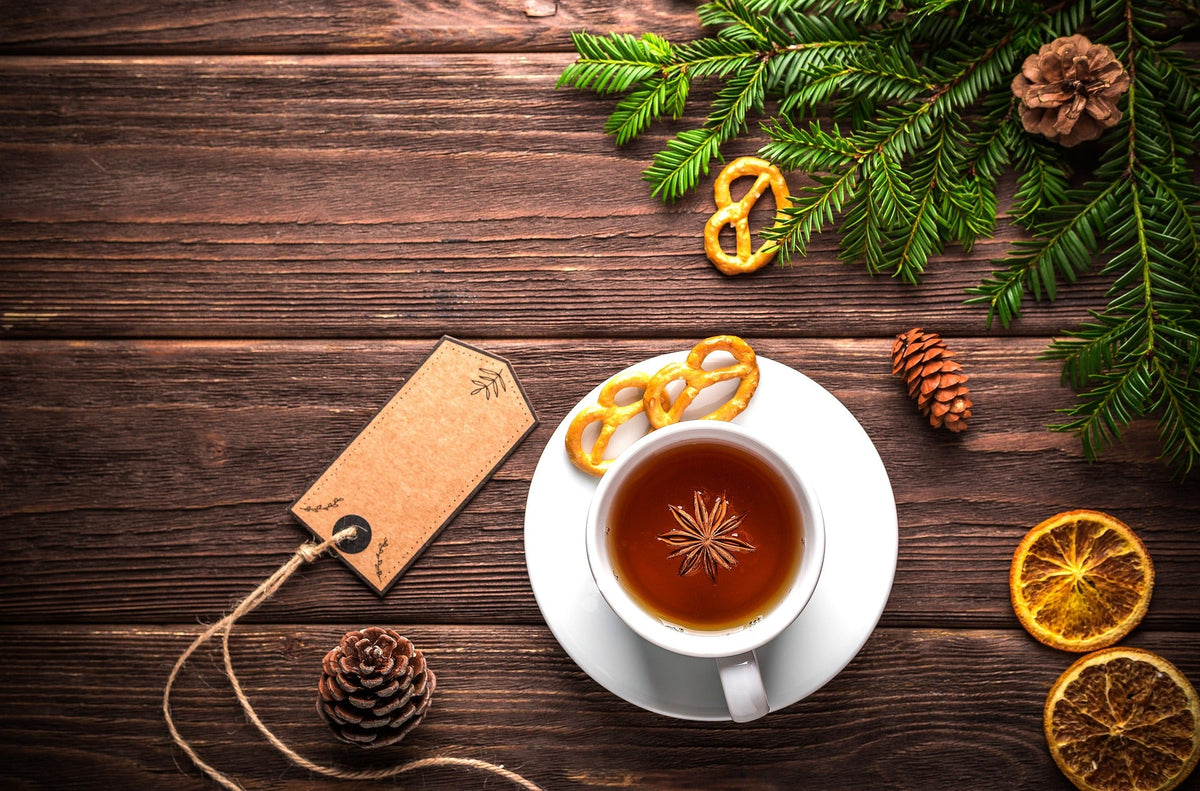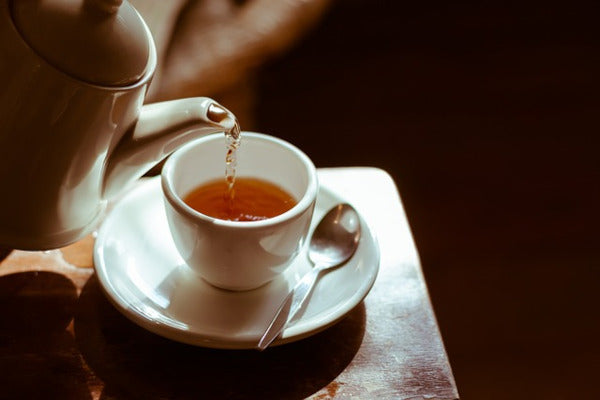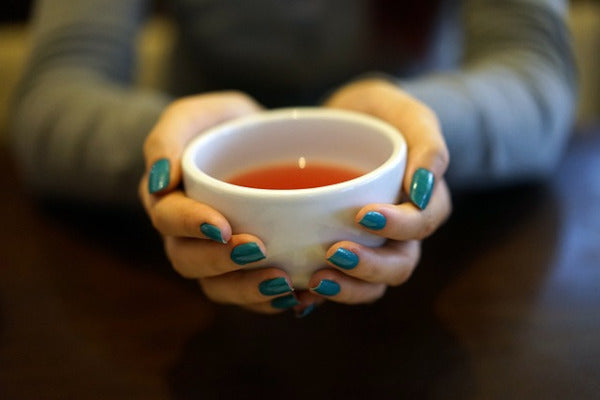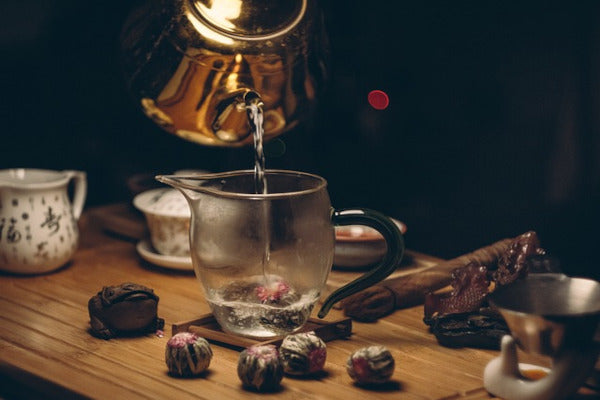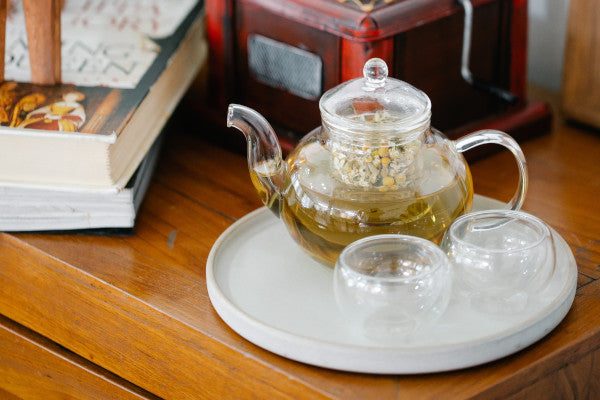Black tea is one of the most common and traditional teas, although it's true that sometimes, influenced by advertising, we tend to opt for other varieties that we believe will provide additional benefits, such as weight loss or beautiful skin. However, black tea has many properties, and you probably didn't know about them. Until today.
How many types of black tea are there?
There are two main groups of black teas: Orthodox and CTC. Orthodox teas are more subtle and complex. They tend to show much more aromatic expression on the nose and palate. Those produced using the CTC (cut, tear, curl) method, invented in the 1930s, tend to have great character, intense flavor, and astringency.
At Tétique, we offer a wide variety of black teas to suit your preferences. From the classic English Breakfast Black Tea to the comforting Masala Black Chai Tea , our options provide a unique taste experience. Each cup of black tea is carefully prepared to ensure freshness and quality in every sip. Discover the diversity of our black teas and choose the perfect variety for you.
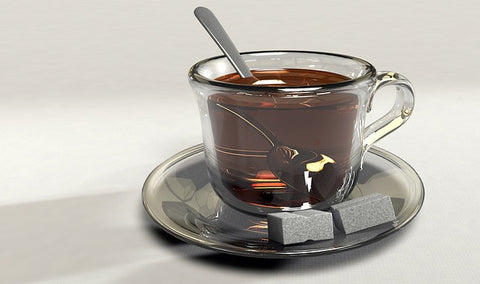
Just as Chinese green teas are very smooth and gentle, so are black teas. They feature abundant smoky, woody, cocoa, and tobacco notes. In black teas from India and Sri Lanka, we find more floral notes and red fruits, such as prunes and tobacco.
How is black tea made?
In the production of black tea , the fixation process is skipped, as the leaf cells are ruptured to allow for oxidation. The dried strands of this tea have a brownish-black color due to the oxidation process. After withering in the factory, a process that can take between 12 and 20 hours for black teas, the leaves are rolled by hand or using special orthodox machines.

Since the polyphenol enzyme was not deactivated by the fixation process, it reacts with oxygen in the air and the polyphenols in the tea to form brown compounds. This is similar to what happens, for example, when you cut an apple and leave it outdoors for a while.
In the tea oxidation process, 2 main types of polyphenols are generated:
1.- Theaflavines emerge (which are golden and give the most intense notes in the flavor).
2.- Thearubigins appear; they are copper-colored and their flavor is much milder and sweeter. The longer the oxidation process, the smoother and rounder the tea will be on the palate. This is followed by drying, grading, and packaging, as with all types of tea.
Types of black tea, origin and preparation

- Ceylon (Sri Lanka) Water temperature at 75-90 degrees and 4 minutes of rest.
- Keemun (Anhui, China) Water temperature at 75-85 degrees and 3-4 minutes of rest.
- Yunnan Black Gold (Yunnan, China) Water temperature at 80-95 degrees and 2-3 minutes of rest.
- Golden Monkey (Fujian, China) Water temperature at 85-95 degrees and 3 minutes of rest.
- Yunnan Gold Tips (Yunnan, China) Water temperature at 85-95 degrees and 3 minutes of rest.
- Darjeeling First Flush Black Tea (Darjeeling, India) Water temperature at 75-82 degrees and 2-3 minutes of steeping.
- Darjeeling Second Flush (Darjeeling, India) Water temperature at 75-90 degrees and 3 minutes stand time.
- Assam (Assam, India) Water temperature at 80-90 degrees and 3-5 minutes of rest.
- Kala Moti Boutique Single Estate (Nilgiri Hills, India) Water temperature at 75-82 degrees and 2 minutes of standing time.
Main Properties of Black Tea
It has stimulating properties for the central nervous and cardiorespiratory systems, improves respiration and brain activity, and enhances the action of analgesics such as aspirin and phenacetin. Polyphenols give it muscle relaxant properties, especially those in the bronchial muscles, a diuretic, and a peripheral vasodilator. It lowers blood sugar levels, preventing diabetes and obesity. It can help prevent cancer and lowers cholesterol. It improves nails and skin, and helps burn fat by satiating hunger and quenching thirst. It is recommended to drink black tea without sugar for even better health.

It should be added that the benefits of black tea are further enhanced if we accompany this beverage with, for example, lemon, cinnamon and ginger, milk or spices.
Among the properties of black tea with lemon is its high vitamin C content, which strengthens the immune system and provides antioxidants.
The properties of black tea with cinnamon are also worth considering, as the delicious flavor of cinnamon is complemented by its stimulating and digestive properties. At Tétique, for example, we offer black tea with cinnamon .
Black tea with milk and its properties are also popular because this mixture makes a very nutritious drink.
As you can see, there are many alternatives and possible combinations, such as black tea with spices, decaffeinated, and sometimes we can even delight in the properties of black tea with red berries if we prefer a touch of sweetness in our drink.
There is also black tea with bergamot, which is Darjeeling Earl Grey Tea .
Contraindications of black tea
Black tea is contraindicated in cases of heart rhythm disturbances (tachycardia), pregnant and nursing mothers, and stomach ulcers. Large doses can cause nervousness and insomnia, so be careful if you're drinking black tea every day .
Trust Tétique as your supplier of exceptional black teas . Our teas are carefully selected and prepared to provide you with an authentic tea experience.


